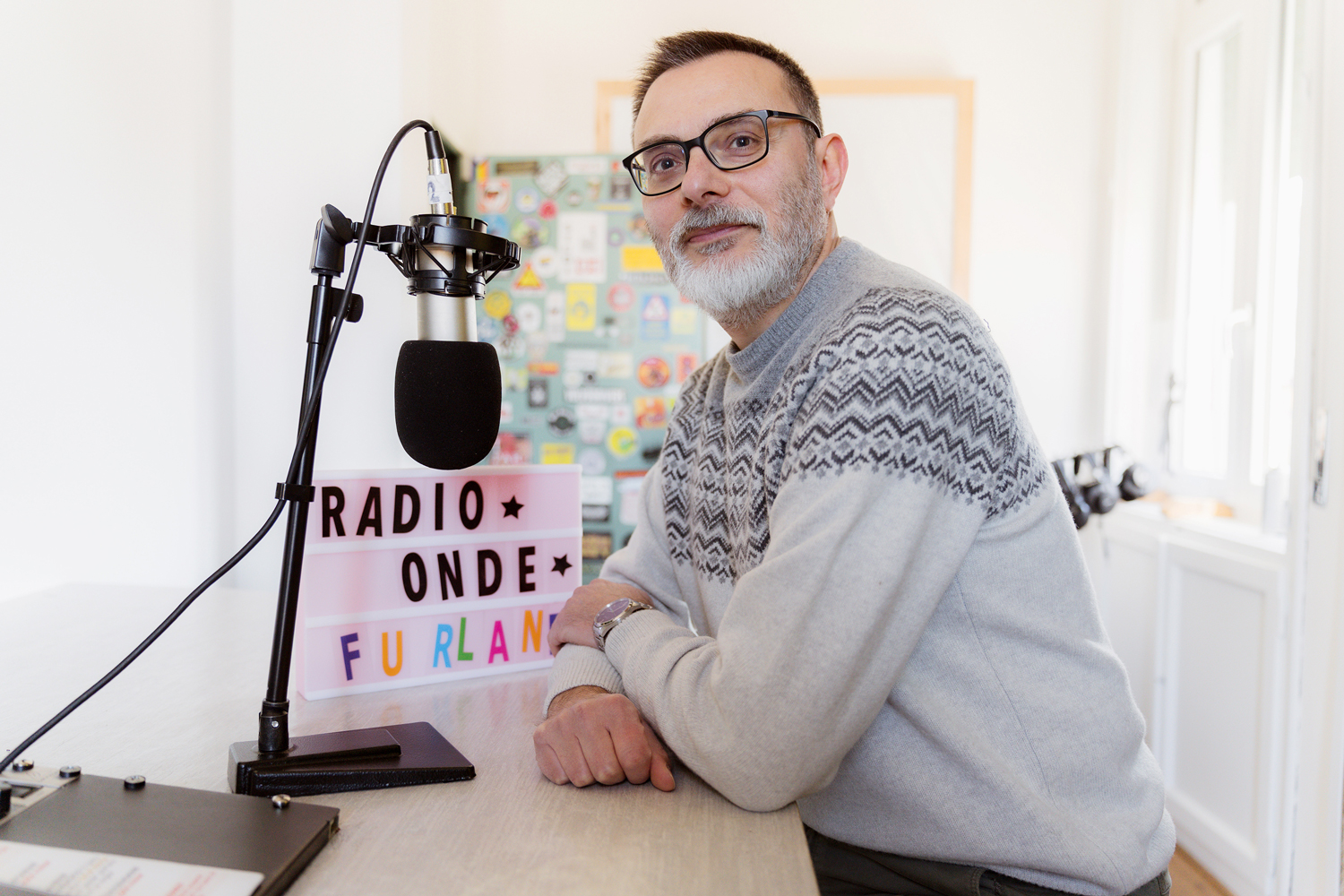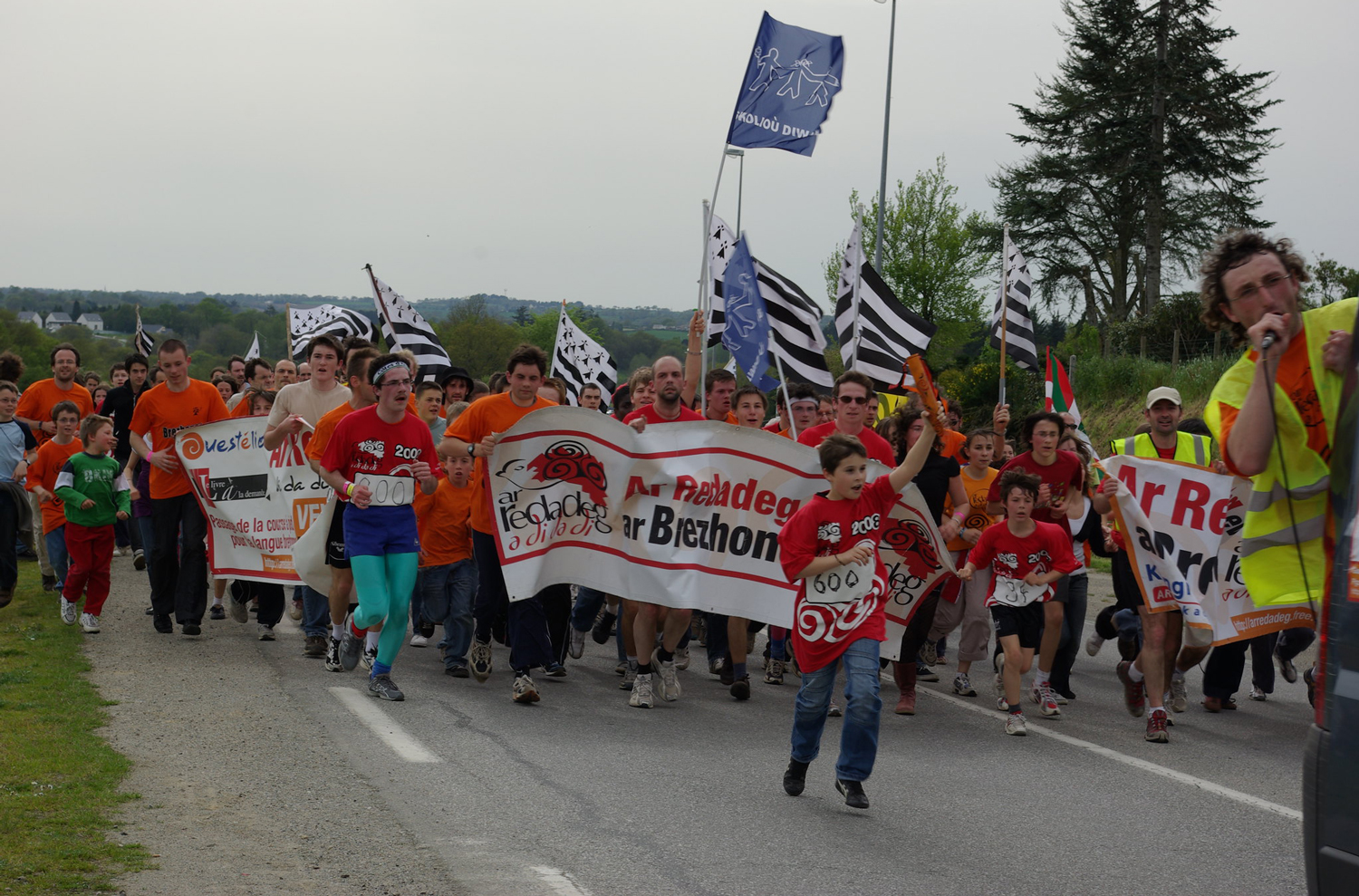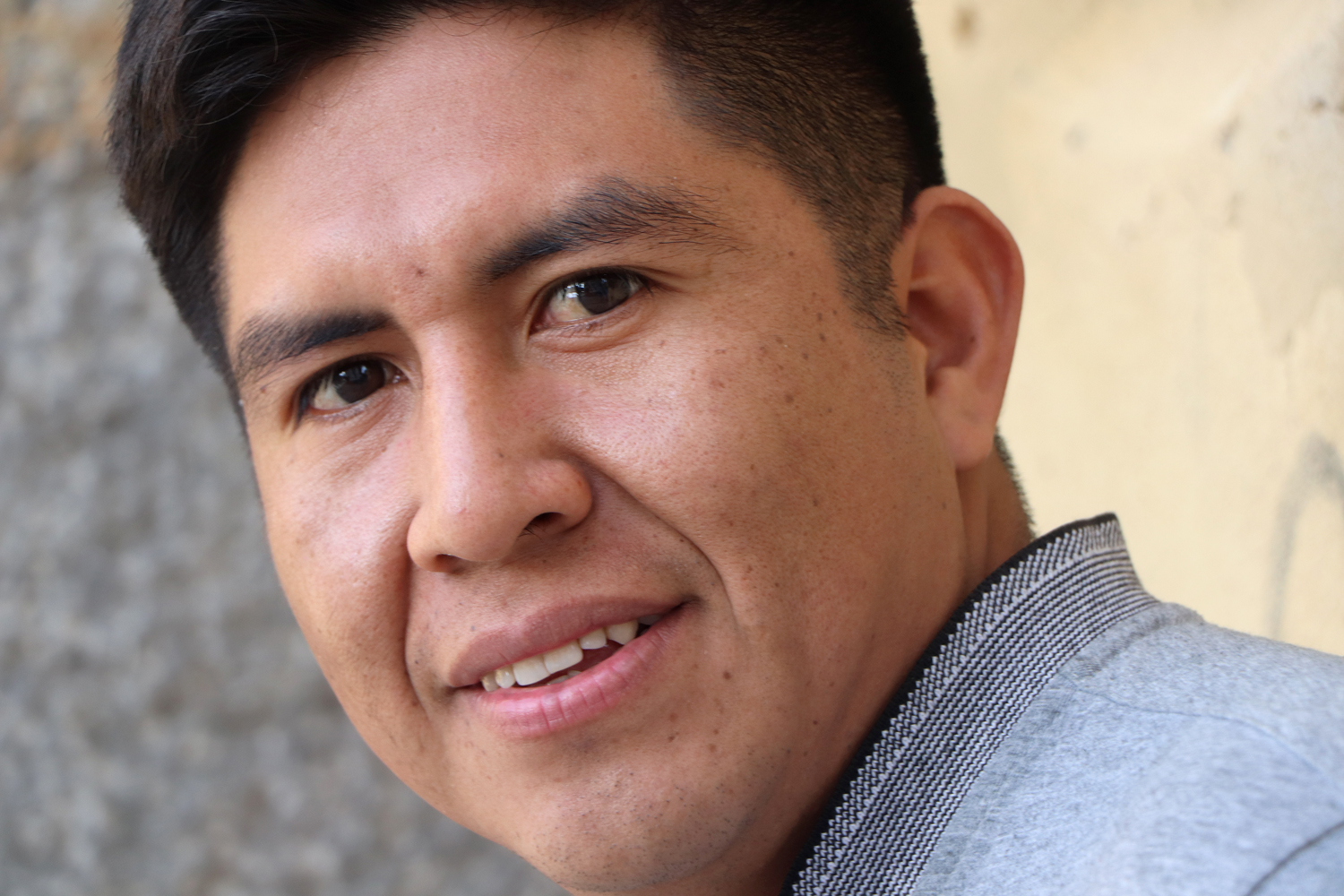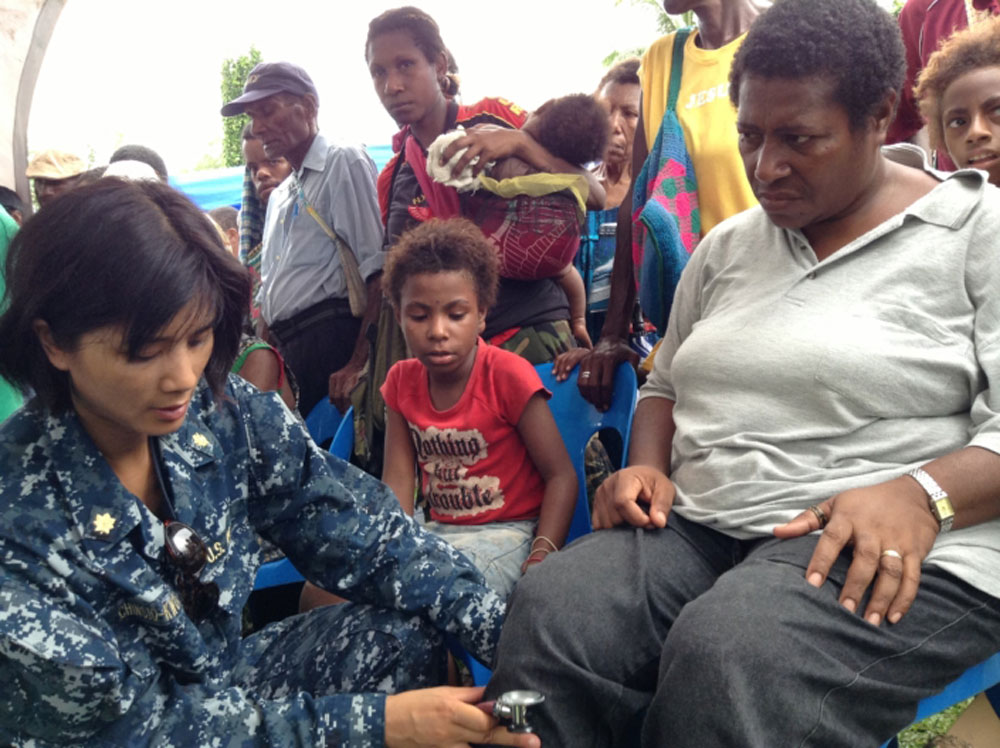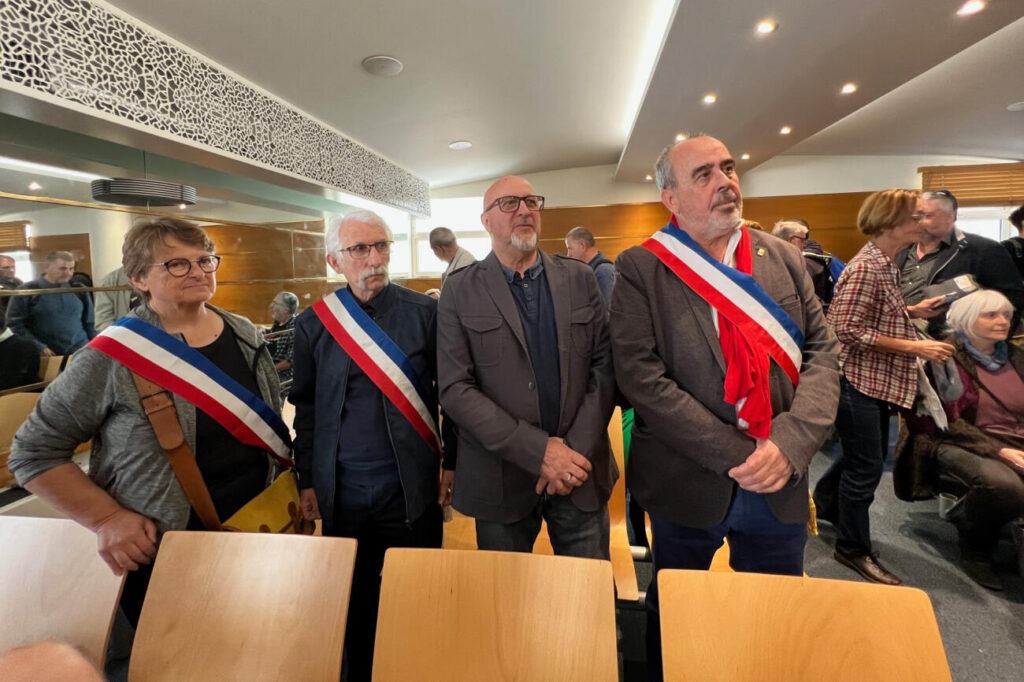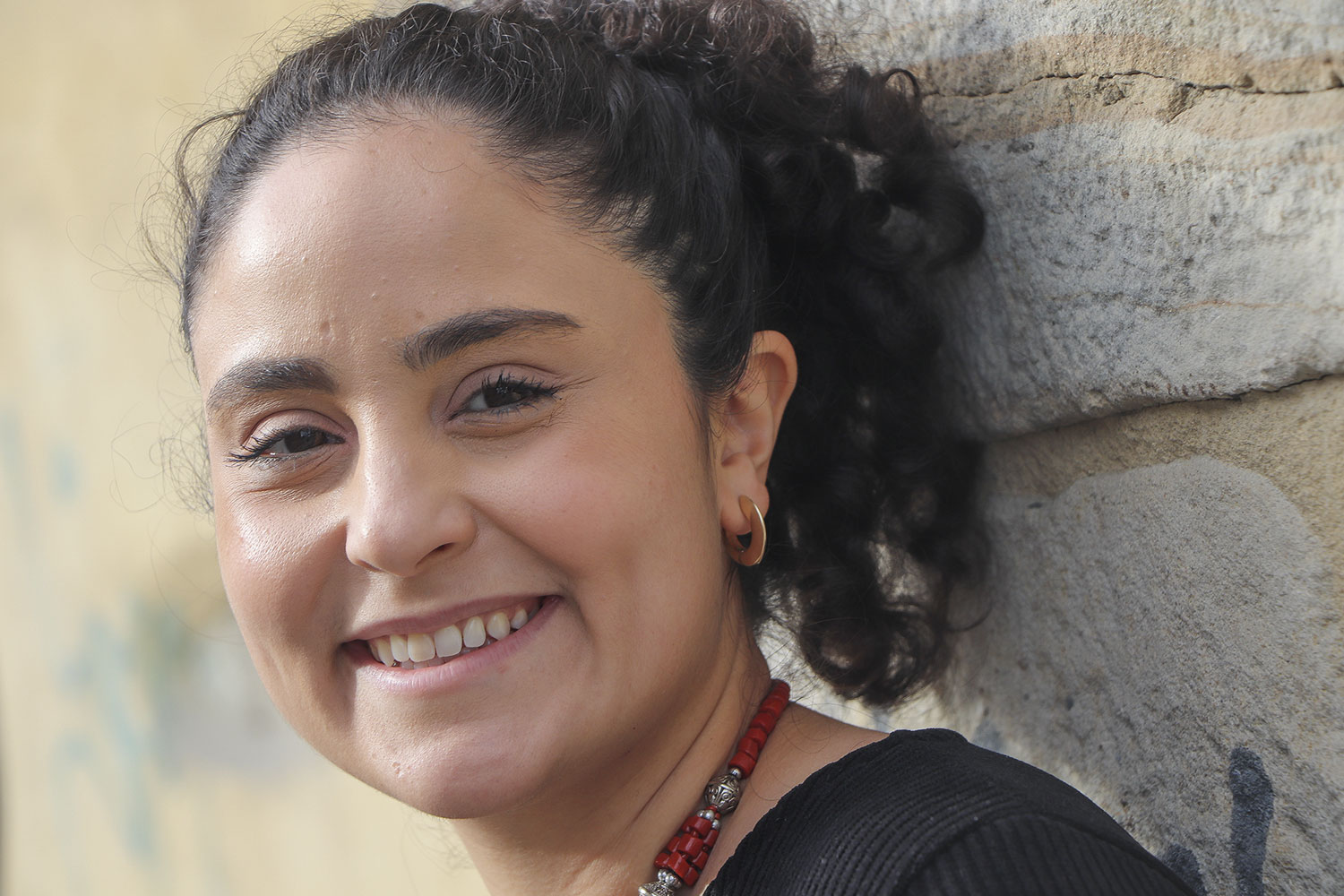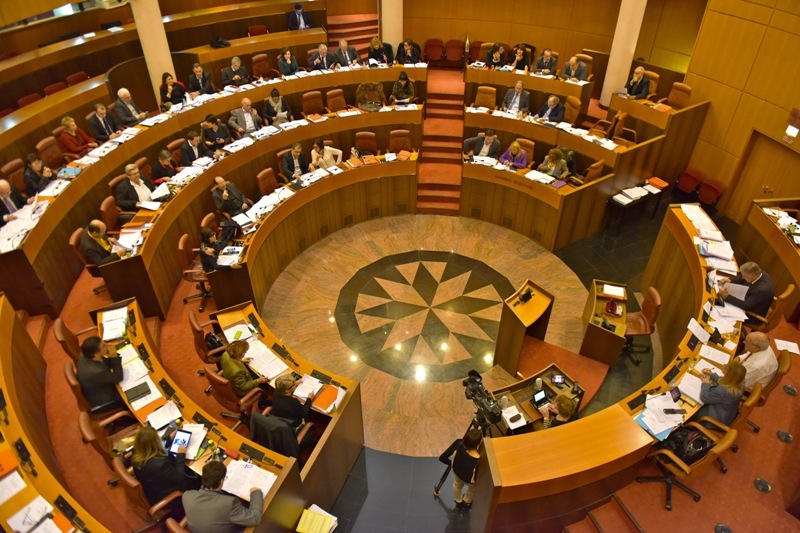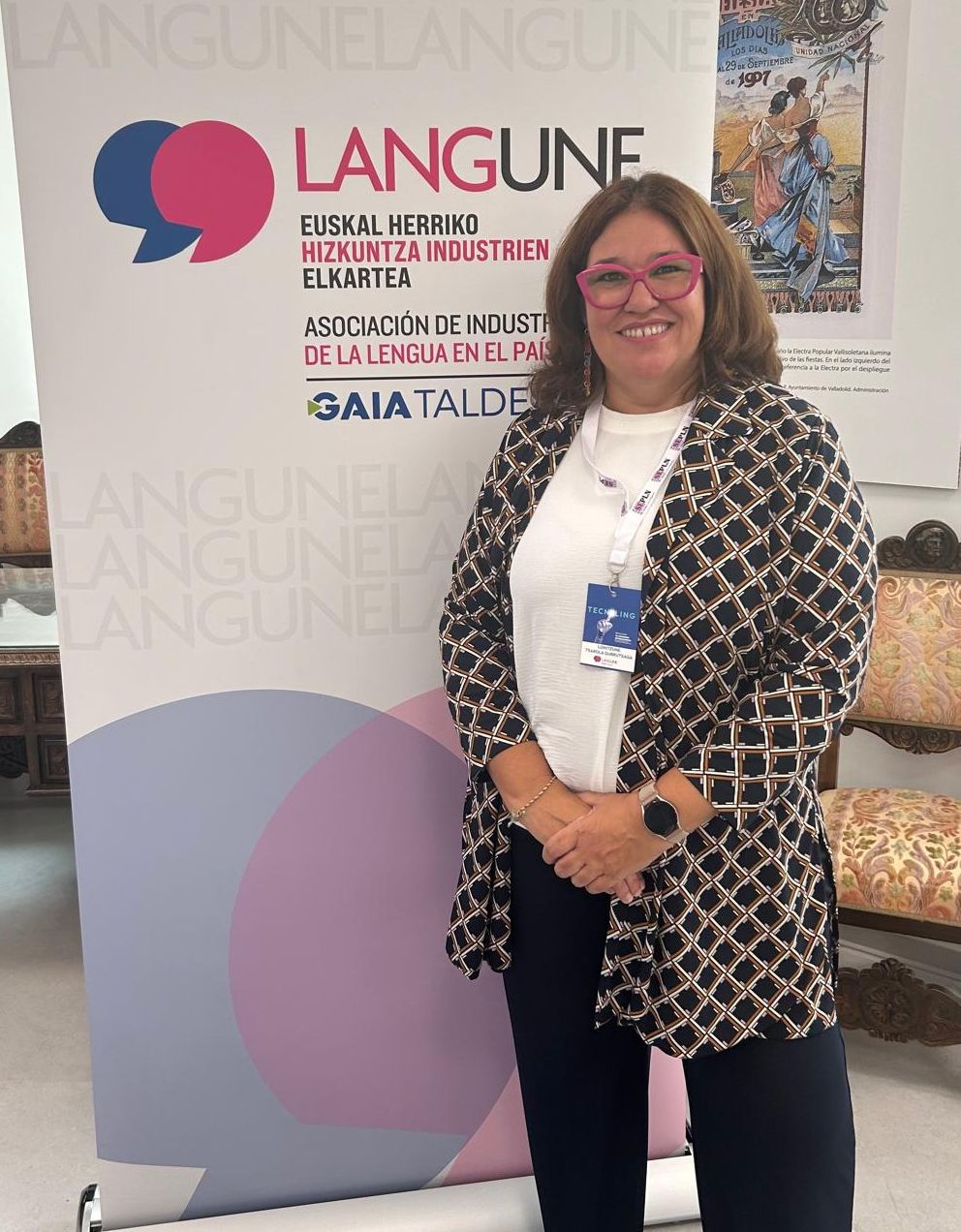Several officials call for the linguistic issue to be put at the centre of the negotiations of the Spanish Government
- At the O Festigal festival the Council of Euskalgintza and various entities and associations for Catalan and Galician have met. The request has been made and it has been reported that an “aggression” is taking place against the normalization of minority languages.

On 25 July, various entities in favour of minority languages such as the Council of Euskalgintza, the Gallega Standardisation Bureau, the Catalan Language Platform and the Cultural Action Association of Valencia met in Compostela, Galicia. In addition to committing to denounce and oppose "aggression", they have called for the issue of minority languages to be placed at the “centre” of the ongoing negotiations to shape the Spanish Government.
All agents express their concern about “aggression”, especially about “judicial aggression”. They denounce that there are constantly “obstacles and setbacks” on the road to normalisation. They see the current political situation as an “opportunity” to “put minority languages at the centre” and “minimum guarantees”.
Berria has received three requests from the institutions: They consider it “essential” that minority languages should have official status in their territories; that there should be “revolution” in the “peripheral” administration of the State and in the administration of justice; and that the presence of minority languages should be increased in the audiovisual media. “The issue of minority languages and language rights cannot be left out of negotiations for another four years,” they say.
Account has also been taken of the “boom” of the right tip, which is a “globalised trend”. They denounce that this trend implies “opposing attitudes” to minority languages and consider the fight for minority languages “essential”.
Lagun asko sumatu dut kezkatuta euskaldun gero eta gutxiagok ahoskatzen duelako elle-a. Haur eta gazte gehienek bezala, heldu askok ere galdu du hots hori ahoskatzeko gaitasuna, idatzian ere nahasteraino. Paretan itsatsitako kartel batean irakurri berri dugu: altxorraren biya... [+]
570.000 familiak euren haurren ikasgeletako hizkuntza nagusia zein izango den bozkatzeko aukera dute martxoaren 4ra arte: gaztelera edo katalana. Garikoitz Knörr filologoaren eta euskara irakaslearen arabera, kontsultak "ezbaian" jartzen du katalanaren zilegitasuna... [+]
Iragan urtarrilaren hondarrean, Bretainiako lurraldeko bi hizkuntza gutxituei buruzko azken inkesta soziolinguistikoaren emaitzak publiko egin zituzten bertako arduradunek. Haiek berek aitortu zuten harriturik gertatu zirela emaitzak ikustean. Hain zuzen ere, egoerak eta... [+]
Oinarrizko maia komunitateko U Yich Lu’um [Lurraren fruitu] organizazioko kide da, eta hizkuntza biziberritzea helburu duen Yúnyum erakundekoa. Bestalde, antropologoa da, hezkuntza prozesuen bideratzaile, eta emakumearen eskubideen aldeko aktibista eta militante... [+]
Korsikako legebiltzarkideek ezin dute Korsikako Asanblean korsikeraz hitz egin, Bastiako Auzitegiaren 2023ko epai baten arabera. Ebazpen horri helegitea jarri zion Asanbleak, baina debekua berretsi du orain auzitegi berak. Epaiak tokiko beste hizkuntzei eragiten diela ohartarazi... [+]








